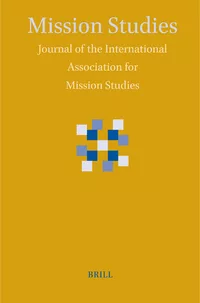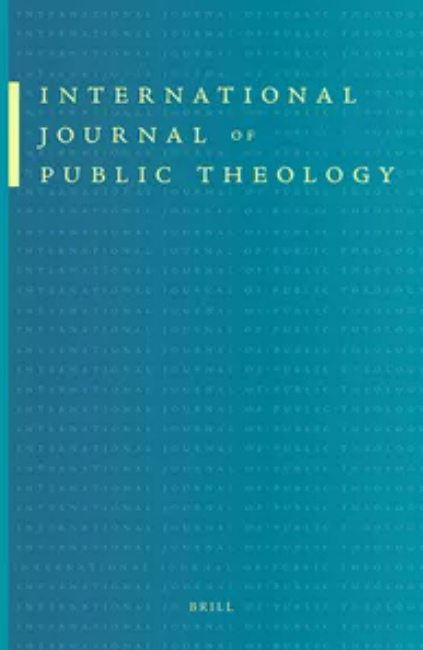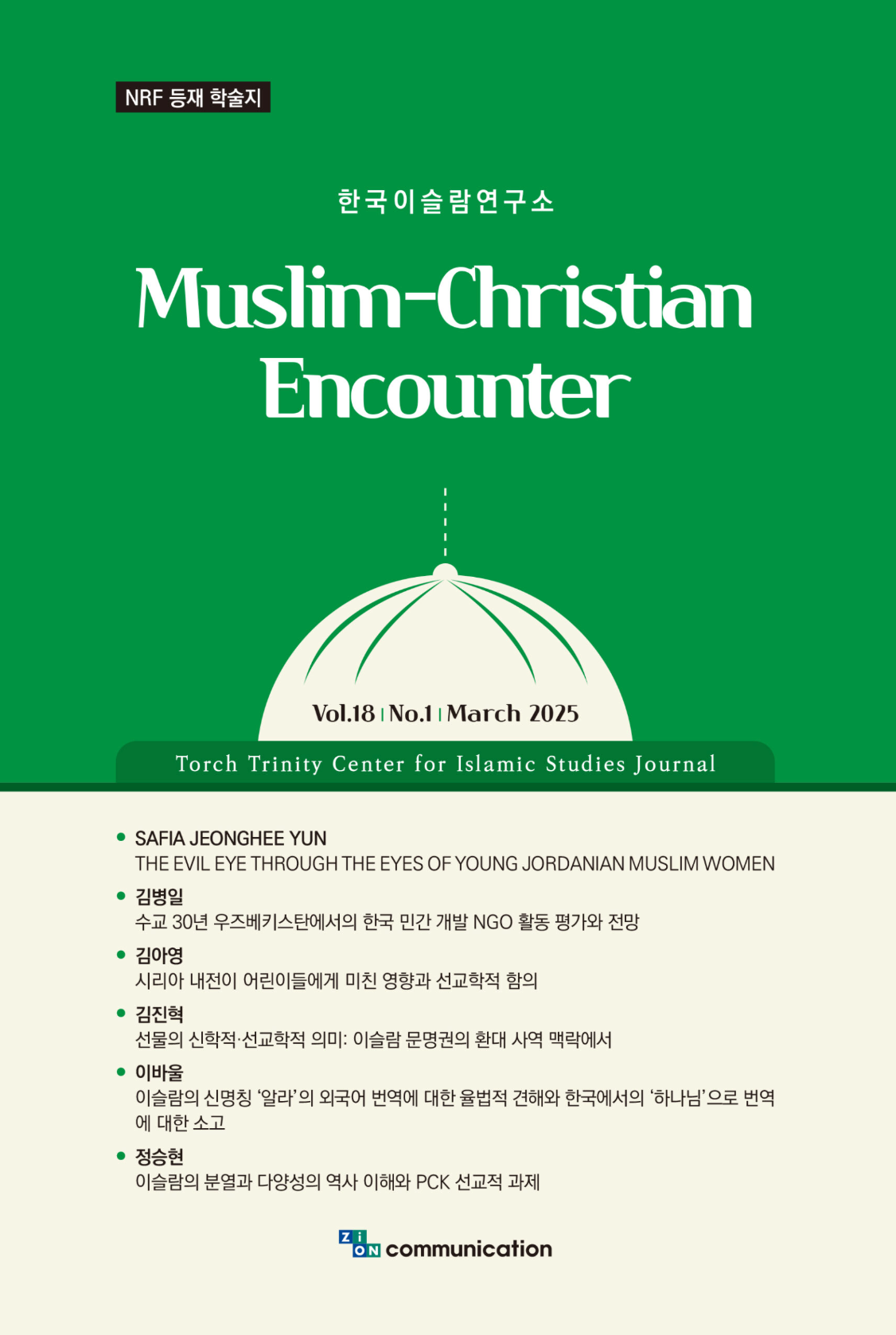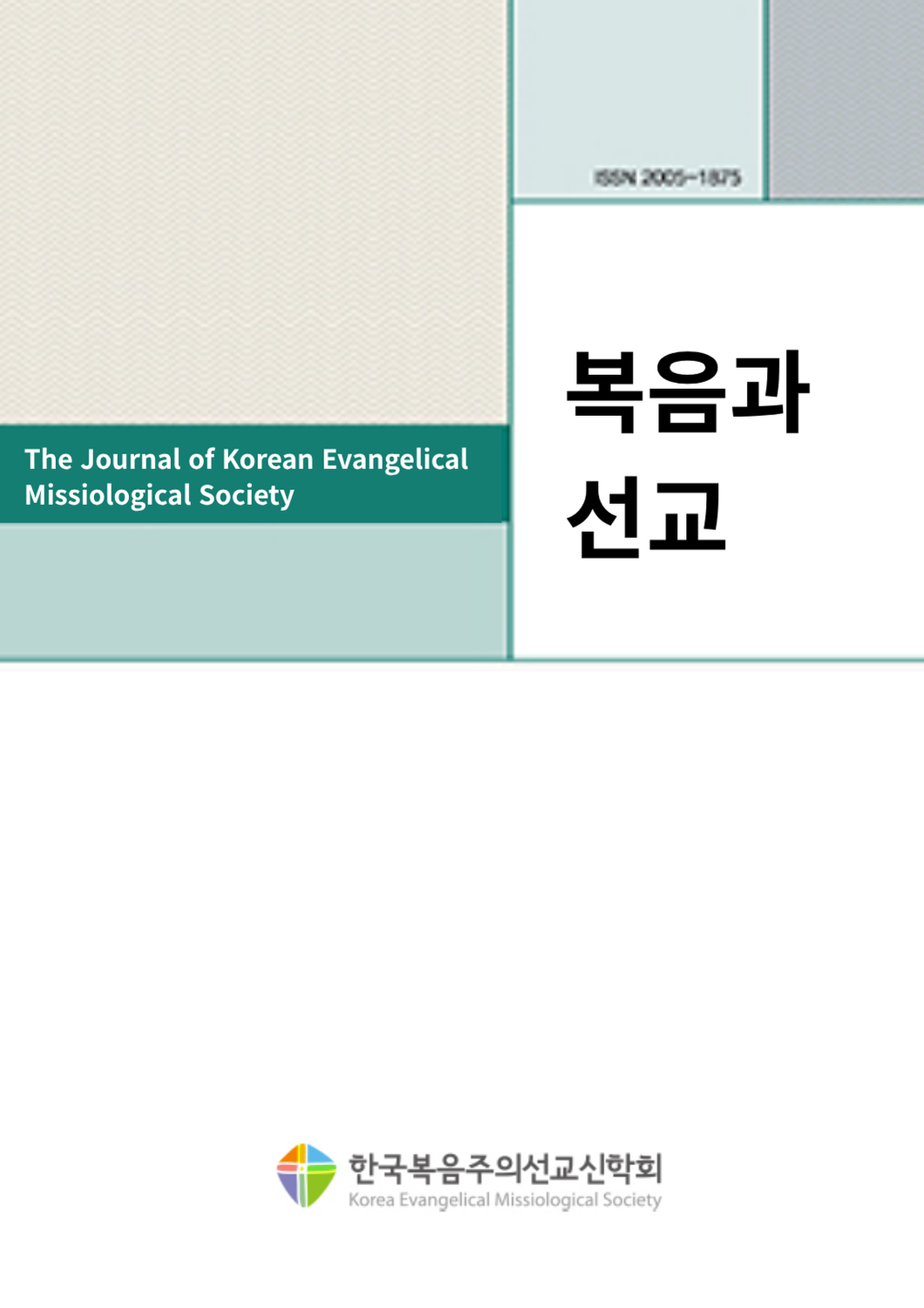https://doi.org/10.1163/15733831-12341774
기독교가 정화와 합리화에 대한 강조로 인해 세속화와 불가분의 관계를 맺고 있다는 주장이 제기되어 왔다. 만약 유럽의 세속화가 적어도 부분적으로 기독교 내부의 전개에서 비롯된 것이라면, 기독교 선교가 성공한 곳마다 세속화가 발생한다고 가정해도 되는가? 기독교 선교가 선교지에서 의도치 않게 세속화를 촉발했는가? 본 문헌 검토는 미국 인류학자 엘머 밀러가 「The Christian Missionary, Agent of Secularization」(1970)에서 제시한 논지를 분석하고, 지난 50년간의 학술 문헌에서 그의 명제가 확인되었는지를 탐색한다. 밀러는 세속화의 주된 동인으로 ‘합리화’를 제시하며, 이 과정에서 선교사들이 어떤 방식으로 결정적인 역할을 했는지를 설명한다. 본 논문은 다른 자료들에서도 기독교 선교의 효과로서 합리화가 자주 언급되어 왔음을 보여주지만, 그 합리화 과정을 선교지의 세속화와 직접적으로 연결한 논의는 드물었음을 밝혀낸다.
Abstract It has been suggested that Christianity is inextricably linked with secularization due to its emphasis on purification and rationalization. But if we believe secularization in Europe is at least partly caused by internal developments within Christianity, may we then assume that secularization emerges wherever Christian missionaries are successful? Has the Christian mission unwittingly instigated secularization in its mission fields? This literature review analyses the argument that American anthropologist Elmer Miller made in the article “The Christian Missionary, Agent of Secularization” (1970) and explores whether his thesis has been confirmed in academic literature during the past fifty years. Miller presents rationalization as the primary driver of secularization and explains how missionaries have played a decisive role in this process. This paper demonstrates that while rationalization has often been mentioned as an effect of the Christian mission in other sources, the process has rarely been linked to secularization in the mission field.







